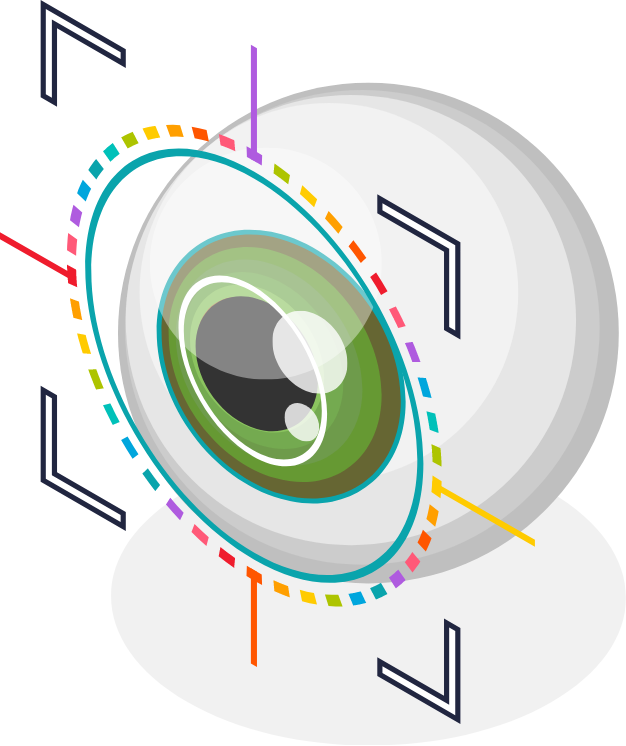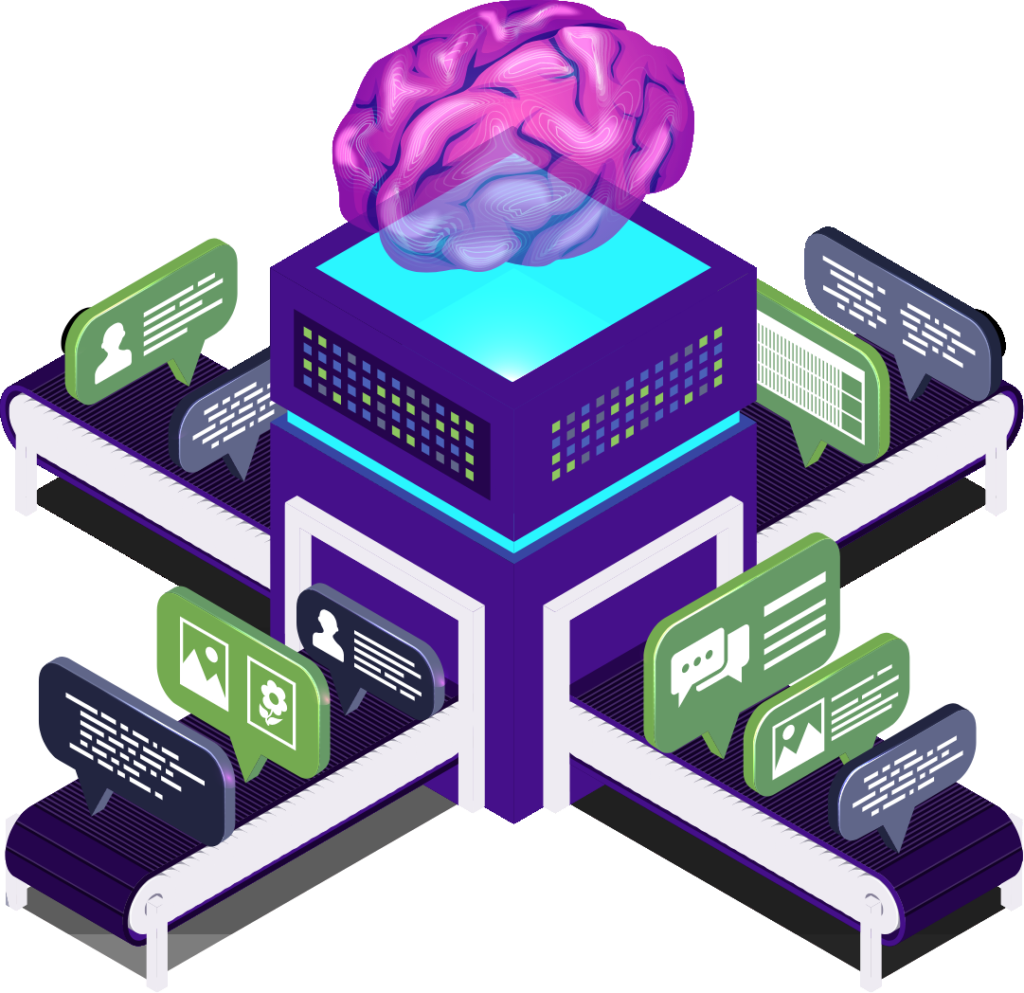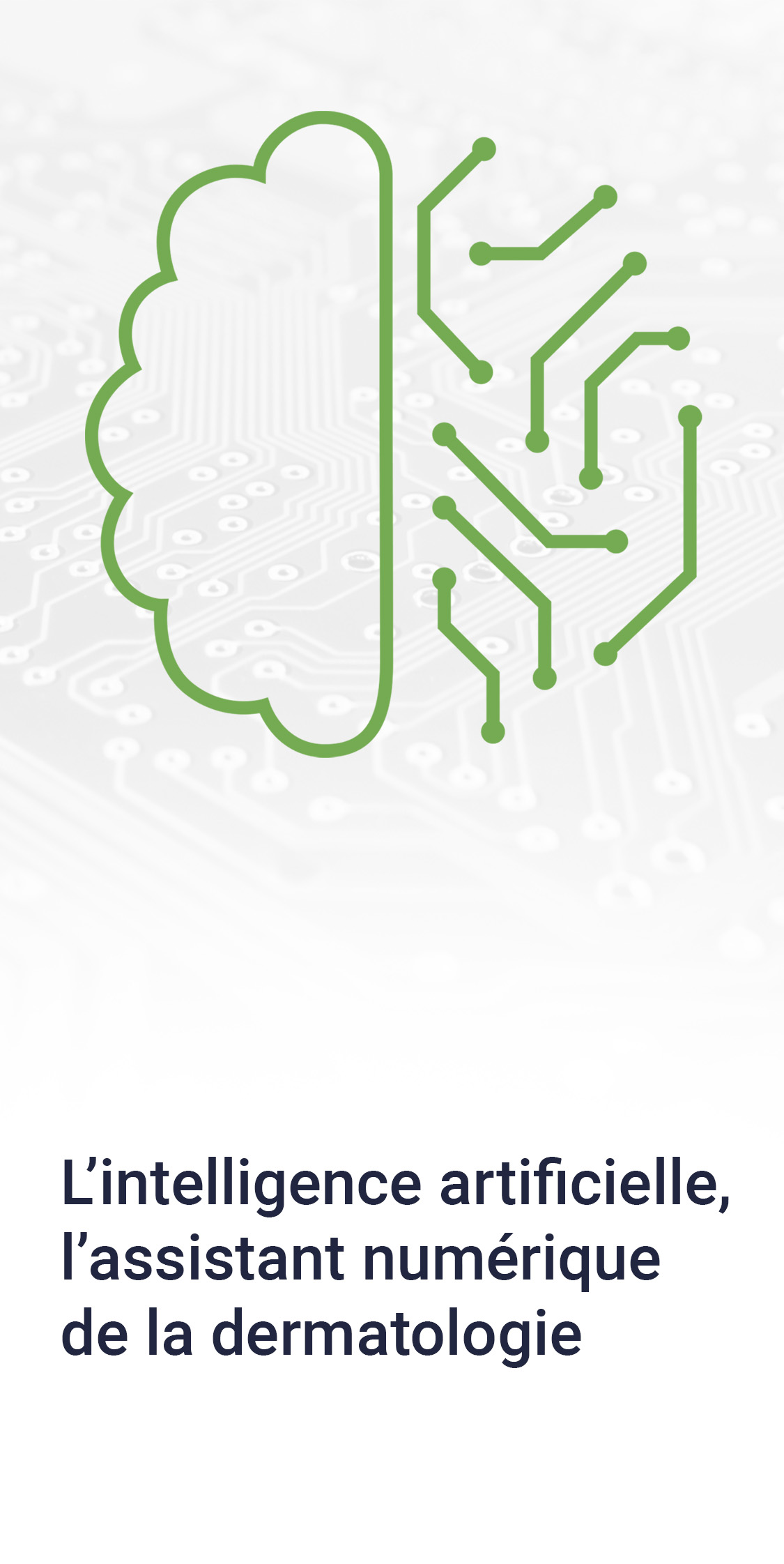
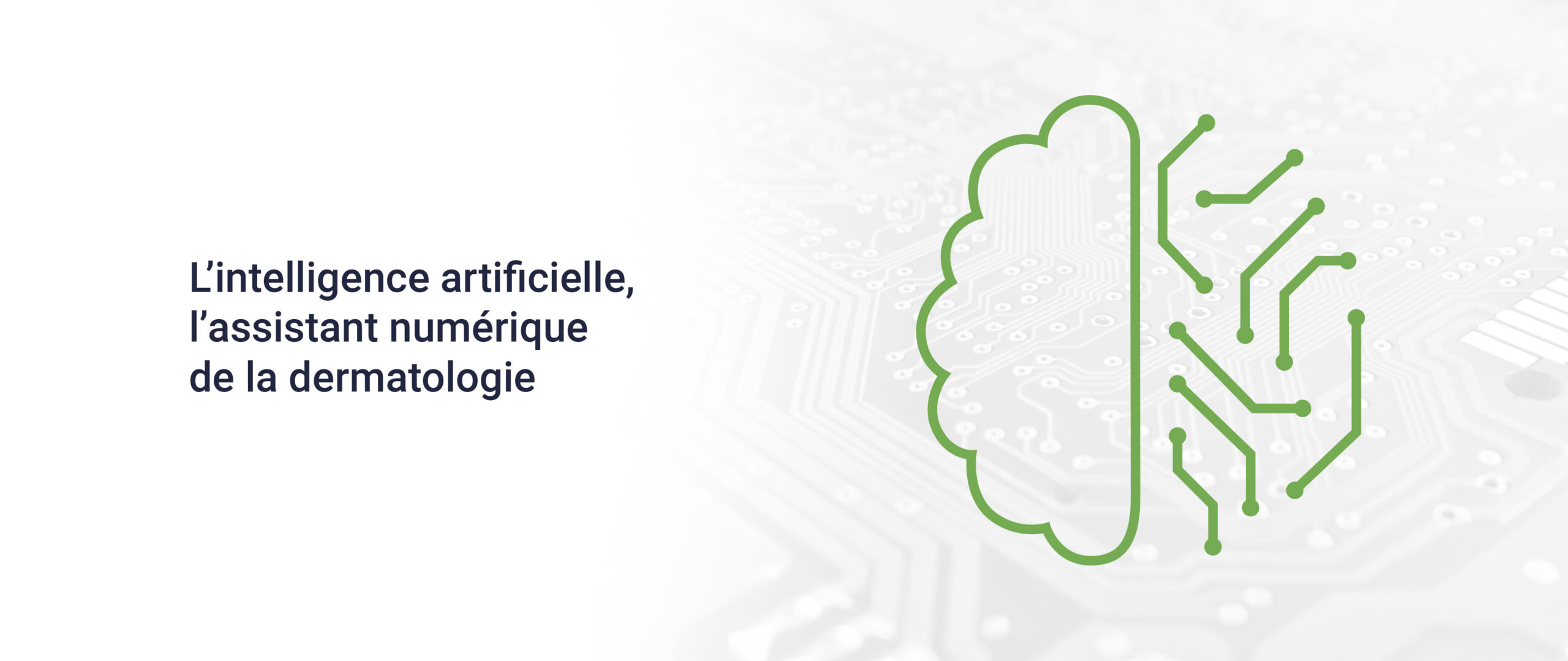
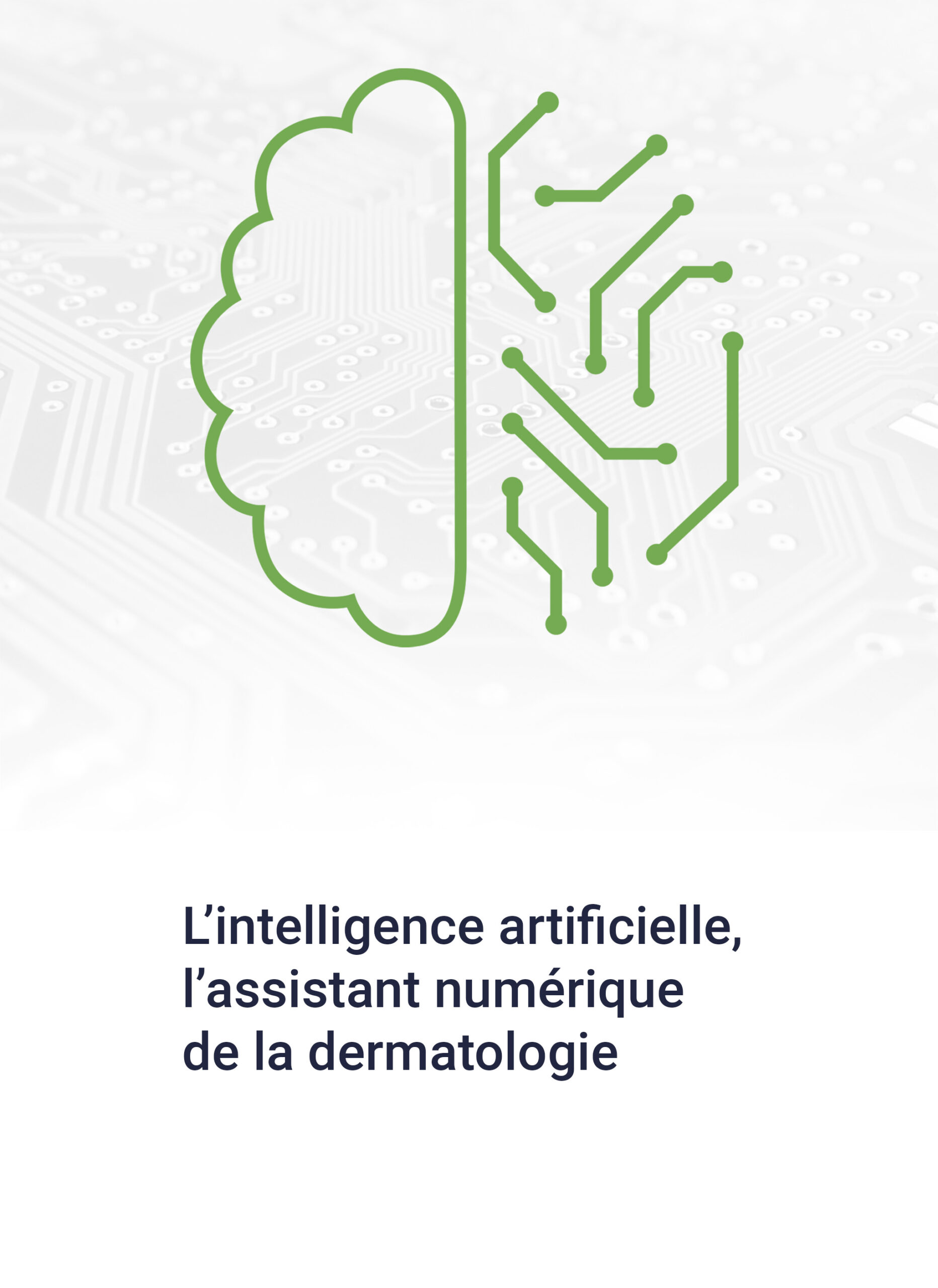
L’INTELLIGENCE ARTIFICIELLE
Vers les nouveaux assistants numériques
Pixience fait partie des principaux acteurs Français dans le développement d’intelligences artificielles, pour le monde de la santé. Nous intervenons pour concevoir des systèmes intelligents, dans toutes les disciplines produisant des images du vivant et dont l’analyse nécessite un haut niveau d’expertise.
L’Intelligence artificielle pour la dermatologie
L’Intelligence Artificielle conçue par Pixience a été entrainée sur une large base de données d’images du système C-Cube. Celle-ci est qualifiée par un réseau de dermatologues experts afin de distinguer les mélanomes des naevus bénins.
Mais ceci ne constitue qu’une première étape. La technologie mise en œuvre permettra d’aller plus loin, en apportant une aide sur d’autres pathologies cutanées complexes lors des consultations.
Souligner votre expertise
L’Intelligence Artificielle est un outil qui ne remplacera pas l’œil du spécialiste. Mais ces nouveaux assistants numériques d’aide à la décision apporteront un soutien aux praticiens, pour affiner et confirmer leurs diagnostics.
Si vous souhaitez rejoindre notre communauté de dermatologues et participer au développement de notre Intelligence Artificielle, contactez-nous !
Une technologie en constante progression
L’IA utilise des techniques d’apprentissage profond (Deep Learning). Cette approche est encore jeune dans le secteur de la santé, mais son potentiel est considérable. Elle vise à concevoir des systèmes informatiques inspirés du fonctionnement biologique du cerveau humain : les réseaux de neurones convolutifs (CNN).
Leur objectif est d’apprendre des processus complexes en autonomie. Ces réseaux neuronaux, entraînés de manière adéquate sur des bases d’images annotées, vont ensuite être capables de donner une analyse automatique, idéalement comparable à celle d’un expert, de nouvelles images.
La classification par modèles de Deep Learning est notoirement bien adaptée aux problèmes à forte variabilité. Ainsi, c’est une approche toute indiquée pour l’analyse des taches pigmentées. Cependant, les dispositifs de dermoscopie classiques rajoutent à cette variabilité intrinsèque, des variations supplémentaires induites par des effets de zoom ou d’éclairage. Ils détériorent les performances des algorithmes.
En effet, l’algorithme apprend grâce à l’analyse des caractéristiques de la lésion : forme, texture, régularité, couleurs, luminosité, chaque paramètre est indispensable à un diagnostic correct. La qualité du cliché numérique de la lésion dermatologique est donc déterminante pour ne pas induire in fine une erreur de diagnostic.
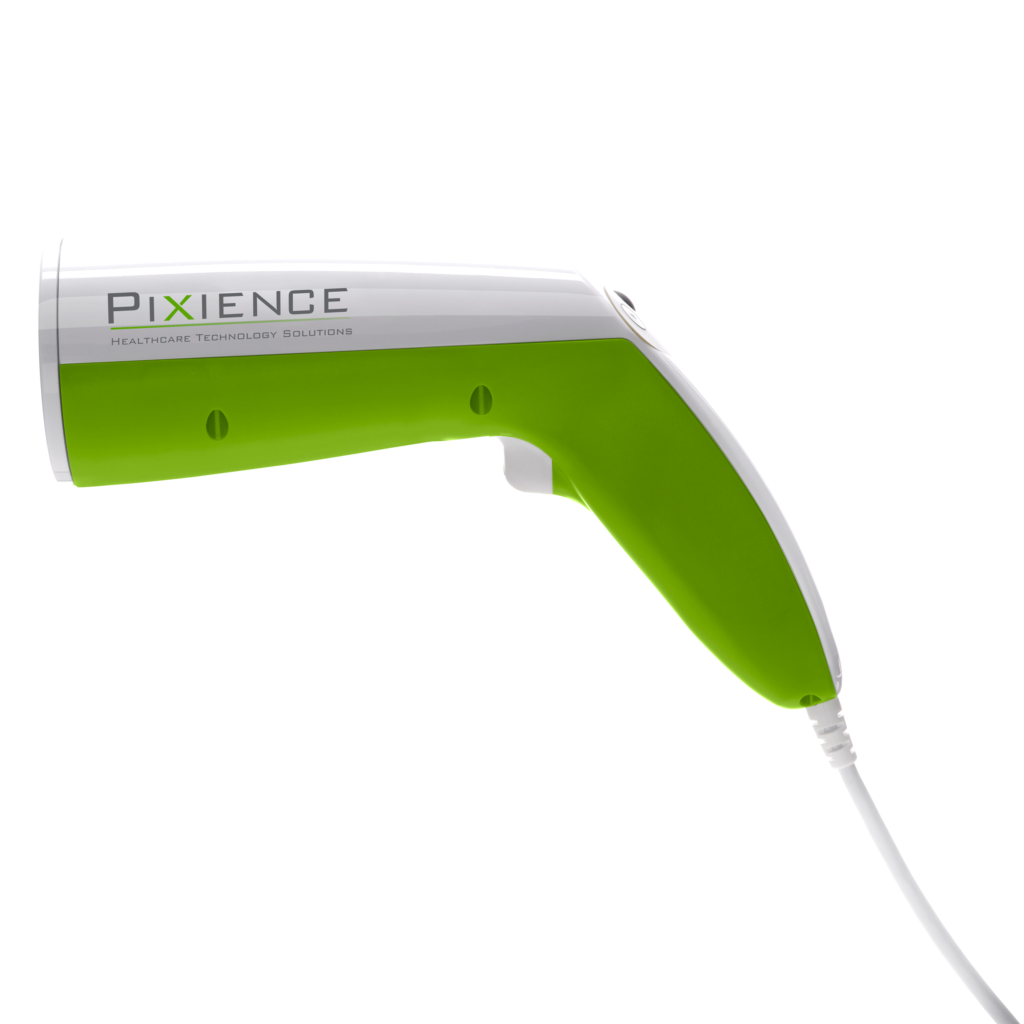
Grâce à la technologie brevetée 2D & 3D du dermoscope C-Cube, dont la métrique et les couleurs sont calibrées (Technologie TrueColor), nous avons obtenu des performances parmi les plus élevées des travaux de recherche du domaine, tout en réduisant la complexité des modèles d’apprentissage.
Ainsi, lors des tests de validation de notre réseau de neurones, le classifieur Pixience a correctement détecté plus de 90% des cancers cutanés observés avec le dermoscope C-Cube.
